Egypt's steel exports fell by 18% in the January-September 2024 period, reaching $1.46 billion, with quantities decreasing by 11.5% to 2.25 million tons. In contrast, steel imports increased by 33% to $4 billion, with quantities rising by 45% to 7.5 million tons.
Production Increased but Price Declines Affected Exports
Steel production grew by 6.5% to 7.947 million tons; however, the decline in exports was attributed to falling global prices and weakened demand. For instance, hot rolled steel prices dropped by $115 per ton by the end of September.
Exchange Rate Liberalization Increased Imports
Industry sources stated that the rise in imports was primarily driven by increased foreign currency availability after the liberalization of exchange rates. This allowed for higher import volumes, particularly amid falling global raw material prices.
On the other hand, protectionist measures by some countries negatively impacted Egypt's steel exports. For example, Europe’s restrictions and Canada’s anti-dumping duties are key factors. Canada imposed anti-dumping tariffs ranging from 49.7% to 99.8% on wire rod imports from Egypt. These developments highlight the challenges faced by Egypt's steel sector and the shift in its trade balance from exports to imports.


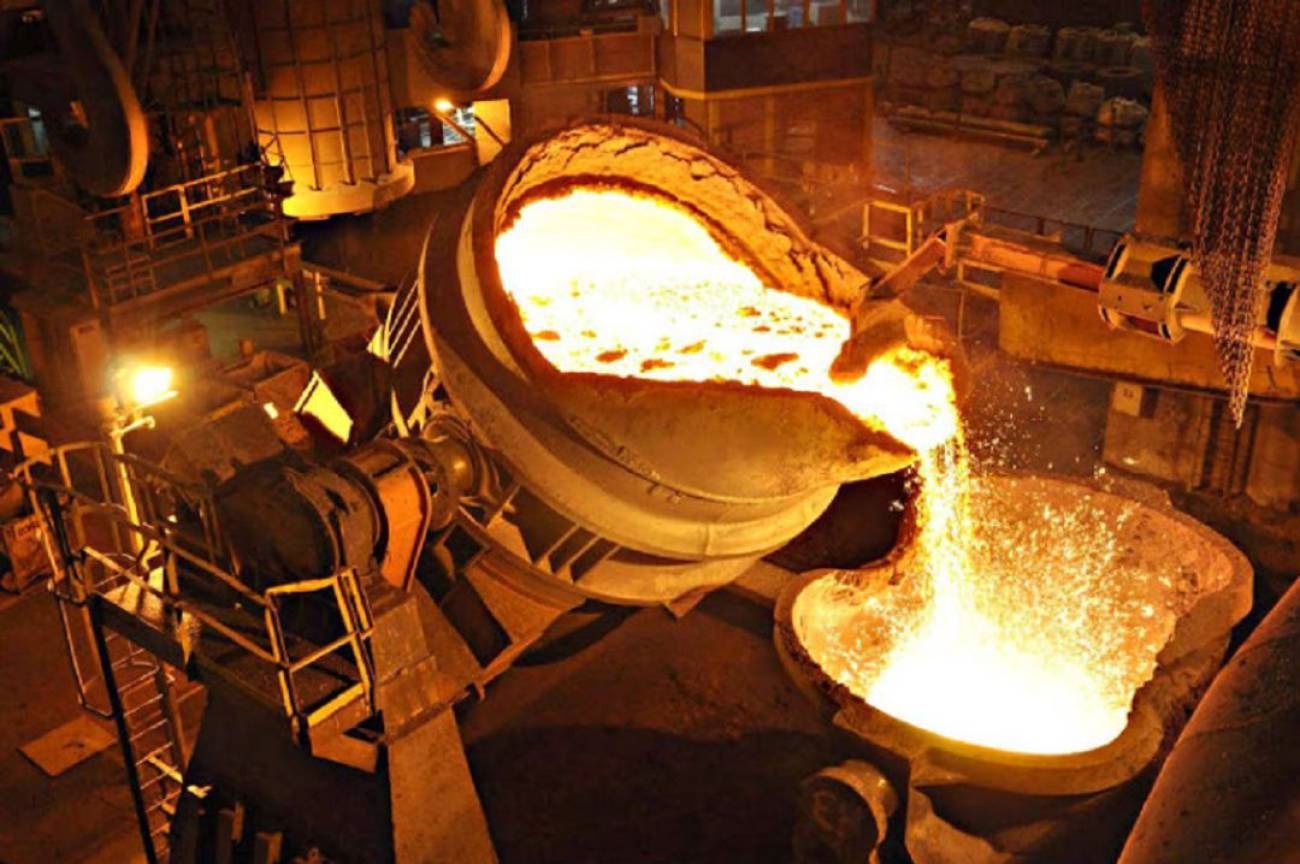



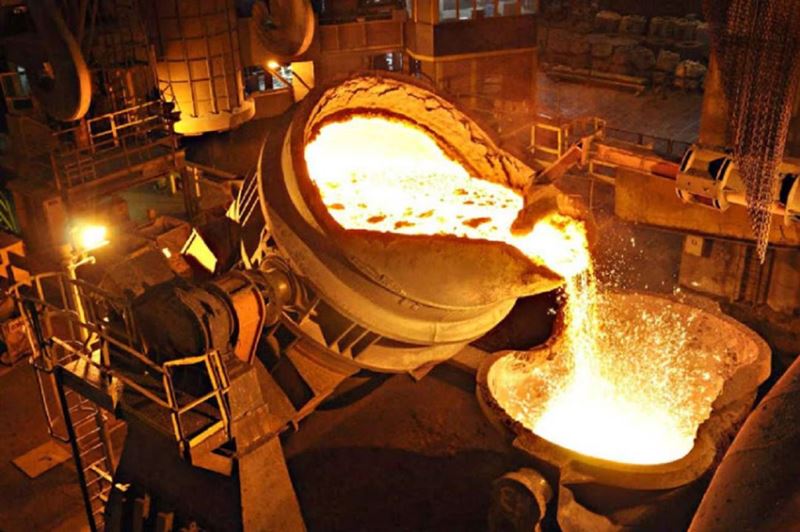
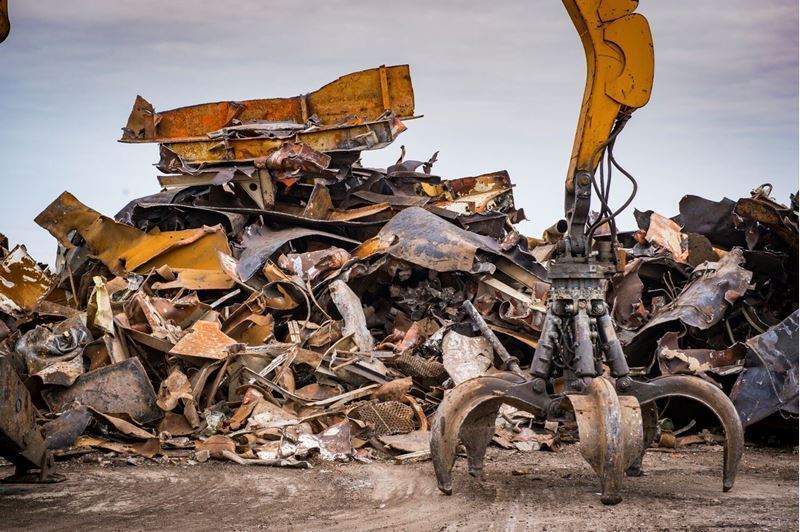
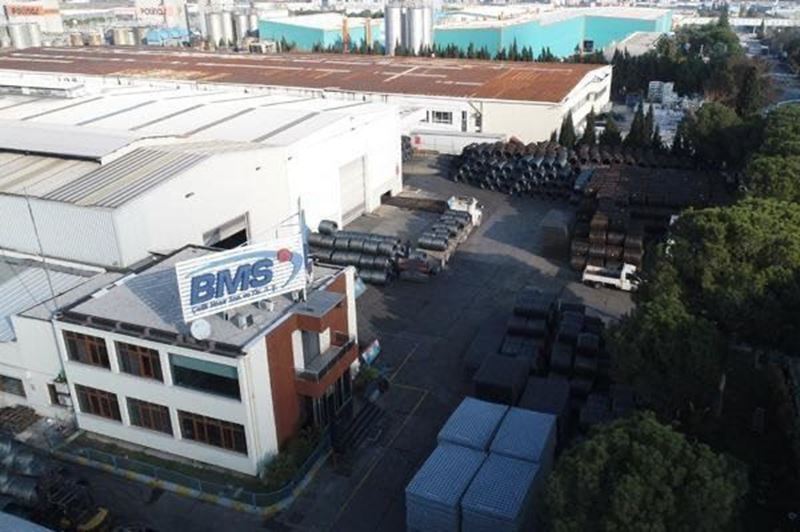
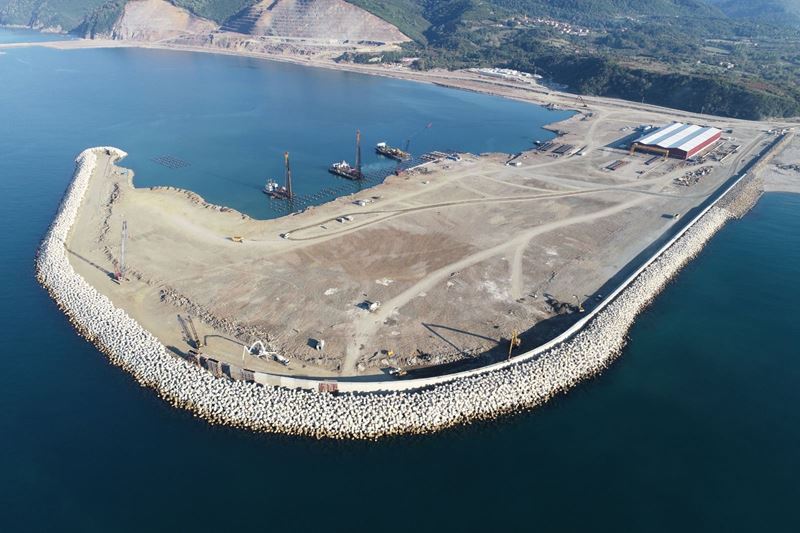

Yorumlar
Henüz yorum yapılmadı